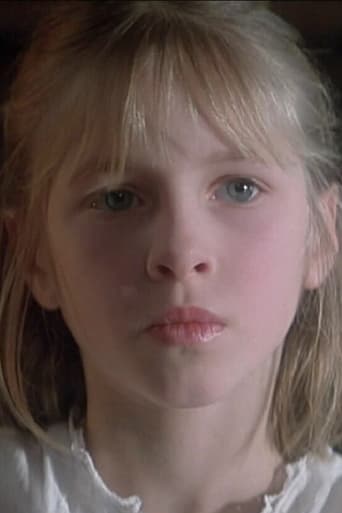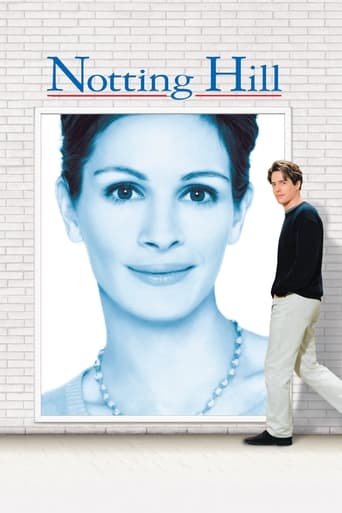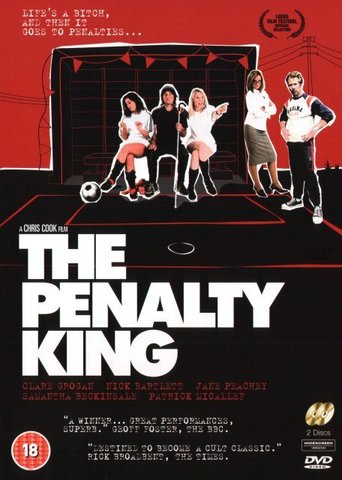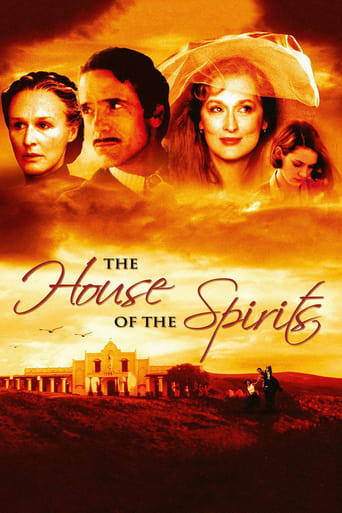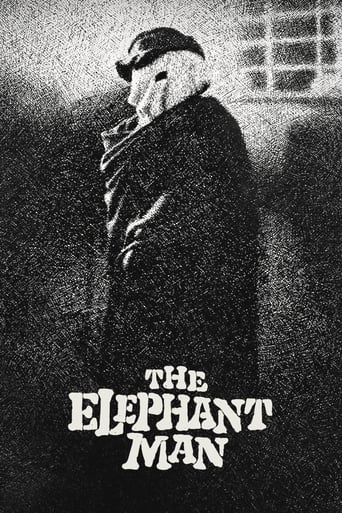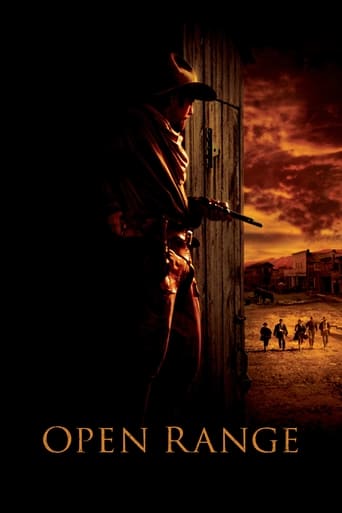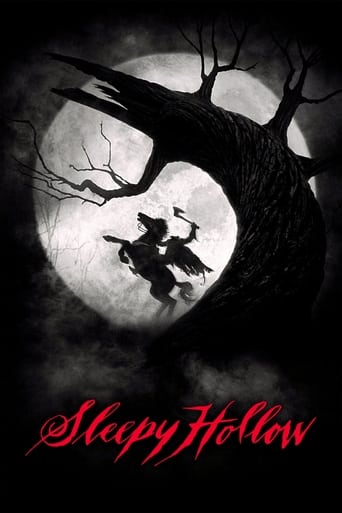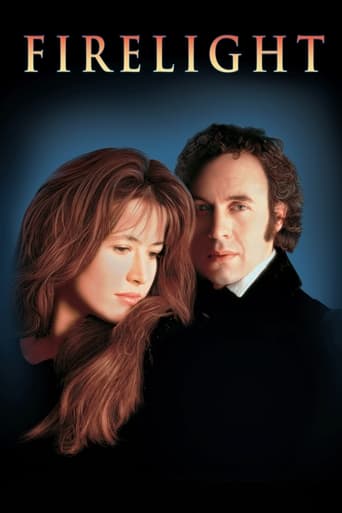
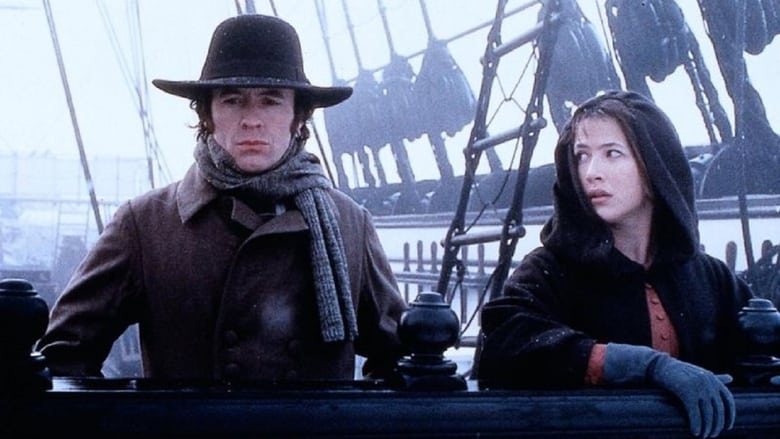
Firelight (1998)
In 1838, lovely governess Elisabeth agrees to bear a child of anonymous English landowner, and he will in return pay her father's debt. At birth she, as agreed, gives up the child. Seven years later she is hired as governess to a girl on a remote Sussex estate. The father of the girl, Charles Godwin, turns out to be that anonymous landowner. So Elisabeth has to be her own daughter's governess, and she can't reveal the secret of her tie with little Louisa.
Watch Trailer
Cast


Similar titles
Reviews
Firelight is about: "It's a kind of magic. Firelight makes time stand still. When you put out the lamps and sit in the firelight's glow there aren't any rules any more. You can do what you want, say what you want, be what you want, and when the lamps are lit again, time starts again, and everything you said or did is forgotten. More than forgotten it never happened." 1838 Elisabeth Laurier agrees to bear a child of an anonymous English landowner, and he will in return pay her father's debt, giving up at birth, as agreed, the child. The first businesslike night is followed by the second, being on the dangerous verge to 'like-it' – while the third night is pure and forbidden pleasure. And she can't forget. The following film moments are seven years of the mothers writing of her diary "To my English Daughter." Searching and finally having found her she applies for the advertised governess (the fourth in this year). The upset father has to keep her according English law at least a month. Miss Laurier, confronted with her spoiled, tantrum-throwing daughter, asks the master of sheep breeding, what forms of discipline she may use during the four weeks: "None. She will soon find out the hard world we live in. As long as she is in my care I will that she is happy." But Miss Laurier takes own measures. He, the father entering his house, hears his daughters screams. The servant: "Miss Louisa, being educated" - the films most important saying. The fierce breeders-governess-confrontation compromise that she may resume. Louisa, forced to accept the new governess rule, mocks her: "Servant, servant, servant." And her governess-mother: "I am not a servant, I'm a prisoner. So will you be", telling the girl that after her marriage everything will belong to the husband and she the prisoner. If she doesn't marry, she is locked up in loneliness: "But they can't prison your mind. I want you to read. I want you to have your own life." The biological mother and her biological daughter take the hard way towards a relation of respect and trust both missed at birth according the deal. When the thin communicating ice holds, the film turns to the parents. Their, as remembered, started with the child breeding. Elisabeth has given her daughter rules. Able not only to be loved by her father-boy but others and the father-boy turning to a man. Much appreciated by Louisas grandfather. Louisa's eyes sense that something is between her father and this governess. And then, when discovering them in bed, the child rushes to her comforting lake-house-mother (none, not even the camera is allowed to enter the Lakehouse). The governess her mother, rushes after her: "Louisa, don't leave me." Only after the icy rescue time has come for Louisa to enter the governess room by her own and discovers the diary "To my English Daughter." The governess is her mother. Her real mother who gave her away: "I didn't, I sold you." £ 500 is a fortune: "I am glad it was a lot," the daughters answer. While Elisabeths father could not pay his debts and was in prison ... the reason for the deal between Elisabeth and Louisa's father. For Louisas grandfather and father it was different: a minor matter to sell the country estate. When Louisas father had relieved his wife from her pain (Louisa: "She was never my mother.") and Elisabeth: "You did it." Both have to live with this crime; she who initiated and he who executed. Three days they met. Then. The deal became different. Not meant. Seven years of search that finally ended the 'fourth day' for the father and mother and their daughter. A romantic tale that lets us believe that destiny asks for what is needed. But no: it needs the active moments that has to be taken before the happy ending.
England to-day is maybe a small influence in the thinking and emotion of America. This film merits great consideration. It reflects the English cultural way of life of the 1800's, a way of living, albeit in the upper middle classes and aristocracy that provided a fundament to the American society and that still survives in thin layers of Englnad. This English personality is united with a cool realistic and monetary Swiss attitude to life. An English heir (Stephen Dillane, played with great sensitivity) to a lord (Jon Ackland, epitomizing the spendthrift lords seeking only pleasure) resides in a lovely house and park with pond and bathing hut in glass. But he needs himself an heir. He pays the debt of a Swiss women owed for her father. She agrees as her part of the agreement to give birth to his child. The women is portrayed superbly by Sophie Marceau with the Swiss minimum of facial expression and restraint. A Swiss behaviour that is still noticed to-day. She arrives seven years after the birth of their child to reply to his need for a gouvernant for the child. Thus one learns a lot about some very impotent facets of the future make up of America: moral rectitude, the work ethic, how to bring up children, the appreciation of natural beauty, the restarting of ones life. Most important is the sensitivity to sensual forces repressed but released when needed: conception of a child despite being contracted for money, love eternal for a wife that is paralyzed, love of a mother for the best development of her child, the demand that love will be the force that unites the parents of the child and in the end the future for all three. Even euthanasia. Ironically, but so often the case, the heir has to sell his lovely house and grounds to pay off the debt of his father. Thus he and the mother of his child find themselves in the same quandary. The photography of the English countryside in autumn and winter is for dreams. A film to be seen and savoured several times.
I read the comments negative and positive. "Firelight" is an exceptional movie that I first saw and then saw again, and again and again recently (2006) on TV. I am not a Gothic romance admirer. One part that hit home was the history of efforts by Luisa to drive away governesses. The author (Nicholson) knew what he was writing. Having lost my wife when one son was almost five years old, my housekeepers were of short duration. One day, I came home from work to find the housekeeper ready to leave after my four year old had chased her down the street with a butcher knife. His statement was: "I chased the other housekeepers away, and I will chase any more housekeepers away, until my father brings home a step-mother."Unknowing viewers probably missed this point. What a magnificent picture so well suited to being staged in the 1800s. Photography continued to improve as I watched the show on Encore as did the script, as did my admiration for the actors, the music, but most of all for the director. One viewing fails to show the greatness of the film.To earn $786,000 in the U.S. shows the commercial results of poor marketing. This has to be one of the best cinematic ventures in years. Perhaps a reissue with promotion on the late shows would create a better result.
Can someone explain to me how the comatose wife lived for more than 10 years without eating!? Did I miss something somewhere? Another plot hole -- the main character manages to get pregnant after 3 nights together, but once they start having an affair 7 years later, she miraculously doesn't get pregnant. It was okay as romances went, but I really want movies to be logical in some way and this plot hole really unnerved me while watching the film. This could have been a really good period piece but it seemed to get schmaltzier the closer it got to the end. Other people said it was predictable -- which it was. And boy was that daughter pretty wise for a 7 year old, especially one isolated in a manor house her entire life. It ended up looking like a made for TV movie by the end.




